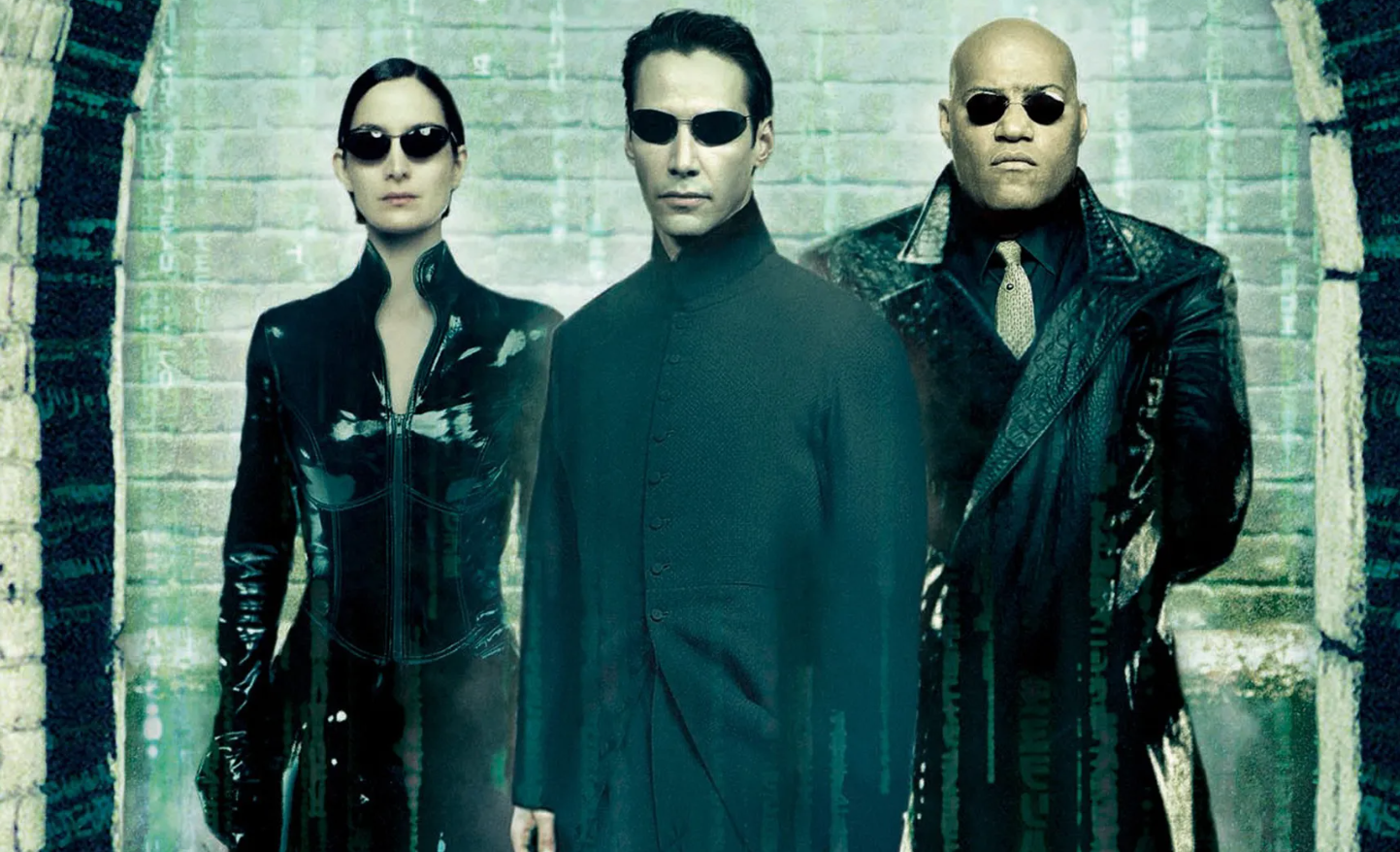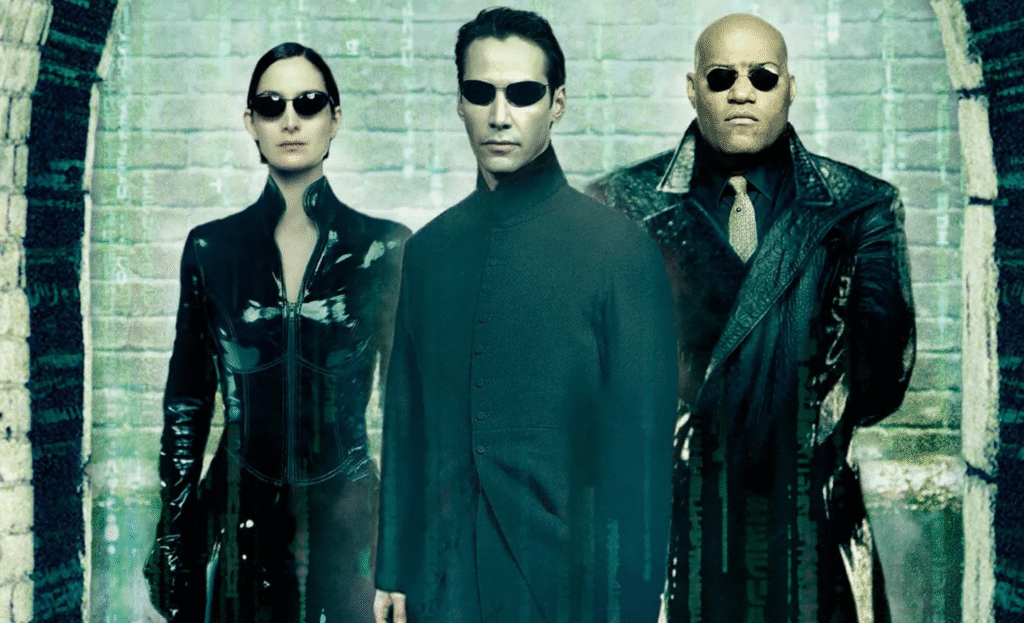
“[T]he great conundrum of our times [is] the phenomenal inability of our politicians to produce any useful outcome from the billions we hand them.”
— Holman W. Jenkins Jr.
THE Nobel Prize-winning economist Friedrich Hayek calls it “the fatal conceit”: the belief that governments or central planners can fully know and control social and economic systems. Throughout known human history, many highly intelligent and well-meaning do-gooders have attempted to redesign society — including the economy — despite having little or no understanding of what they were doing, convinced nonetheless that assertion was equivalent to proof.
To do-gooders, the failures of social engineering — many backed by brute force — are not cautionary tales but invitations to try harder. To quote former radical leftist David Horowitz, central planners do not see that the future they are promoting has already failed elsewhere. “First, because they see history as something to transcend, not as providing a reservoir of experience from which they must learn. Second, because in their eyes the future is an idea that has not yet been tried.” If it failed in the past, “it’s because they weren’t the ones implementing it….”
I’m hearing echoes of this eternal hubris in the statements made by those who speak of the local economy as if it is Play-Doh and governance is an arts and crafts project.
They talk about “transitioning” to new economic endeavors under the guidance of this government with generous funding support from the feds. As if politicians can actually legislate “new industries” into existence, and pick “winners” while administering an economy closely tied to global markets and financial structures — all of which are subject to unforeseen events.
Since the TT days, we can’t seem to enforce the anti-littering law, but ushering in economic prosperity? Look ma, no hands.
And while we transition to this new economy that is supposedly more resilient and more self-sustaining — how should this government pay its mounting financial obligations now? Can elected officials tell government employees and retirees — never mind CHCC, CUC, PSS or government vendors — to wait just a sec? According to the governor, things should get better next year. Can we take that to the bank?
If tourism should no longer be our “bread and butter,” then what do you think will happen to the many interconnected businesses, especially the small ones, that make up our tourism-based economy — and the local revenue it generates for this government?
Someone on Capital Hill should level with the public and admit that, ultimately, the government’s problem is not the economy, but its spending habits. To paraphrase the Polish writer Stefan Kisielewski, what we’re facing is not a crisis, but a result.
Whenever the economy contracts — and it will, no matter what industries we have — businesses and households adjust their expenditures. But not this government. Instead, it wants businesses and other taxpayers to hand over more cash to elected officials in the name of “compassion” (to their political careers).
According to the governor, we also need to “change our mindset.” The public can do that — or choose to change the government’s leadership instead.
“New” leaders can be elected, to be sure, but the public’s expectations of what government should do remain the same. “Reforms” may be proposed and enacted, but it’s the same bureaucracy that is expected to enforce those reforms — reforms meant to fix the very system tasked with carrying them out.
Do we really expect that electing “new” leaders — who are practically saying and vowing the same things politicians have been saying for years — and introducing recycled measures will suddenly let the heavens open and transform us into new people with a new mindset and a new economy?
Those who believe in these things should not be trusted with any elective office — but then again, many voters believe in them, too.
Sadly, however, to quote Kevin Williamson, the economy “is not a game of chess to be played by masters, it is not a laboratory process that can be managed by scientific methods, and still less is it an exercise in magic in which outcomes can be improved by such fanciful inputs as empathy. [Elected officials] don’t actually know what to do with any degree of specificity, because there are competing priorities, because real-world events change more quickly than policy-makers can account for, and because the world is complex and unknowable.”
Which reminds me of the following dialogue from “The Matrix Reloaded”:
Lock: “Damn it…not everyone believes what you believe!”
Morpheus: “My beliefs do not require them to.”
Send feedback to editor@mvariety.com











